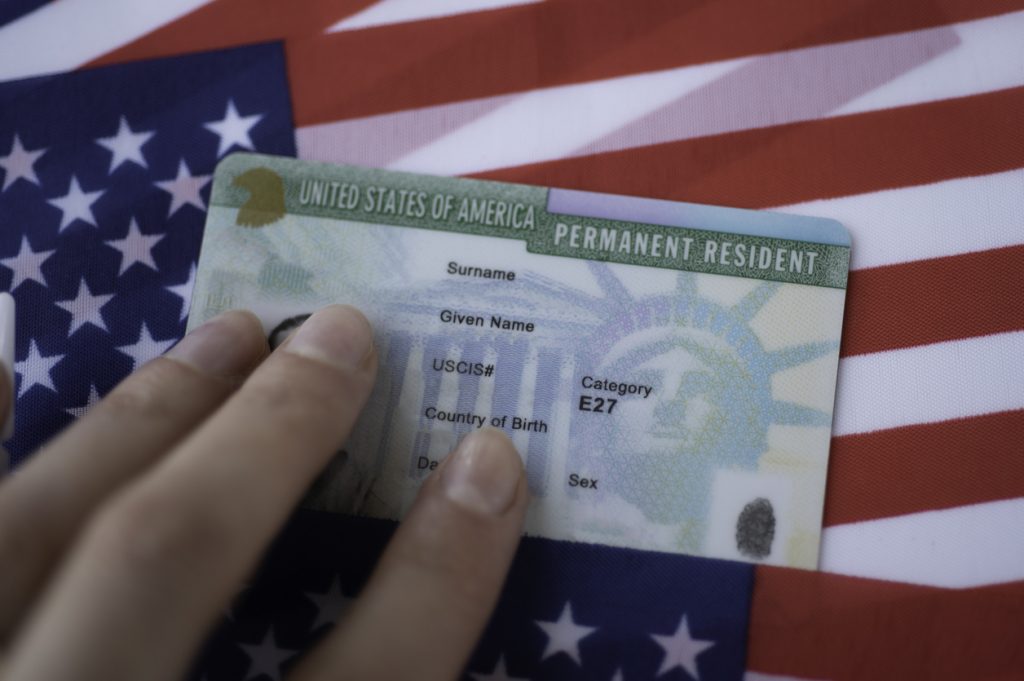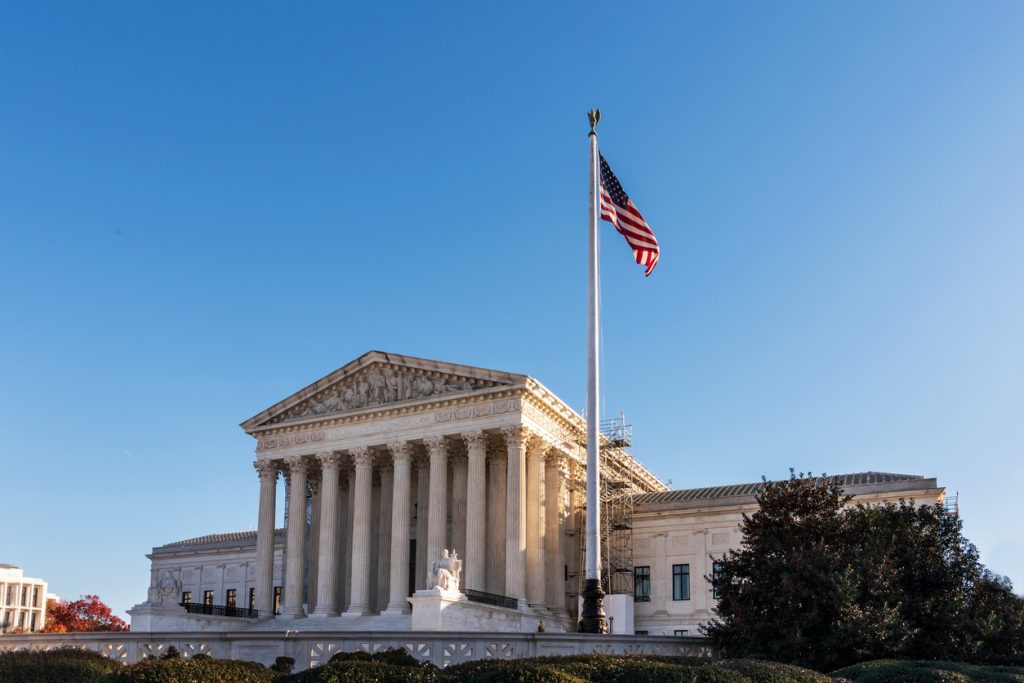When litigants step into court for a California case management conference, they are often unsure about what the judge will ask and how their answers may impact the future of their case. This proceeding is a crucial step in the litigation process, designed to help the court determine how efficiently the case can move forward. Understanding the common questions raised during this stage ensures that parties are better prepared and positioned to respond effectively.
The California case management conference is not a trial, nor is it the final determination of a dispute. Instead, it is an organizational hearing where the judge evaluates scheduling issues, procedural requirements, and case readiness. Despite its administrative purpose, the questions asked at this stage often signal what the court will prioritize as the case develops.
Why Judges Ask Questions at a California Case Management Conference
The role of the California case management conference is guided by the California Rules of Court, which emphasize early judicial involvement to reduce delays and increase efficiency. Judges ask targeted questions to identify obstacles, clarify disputed issues, and explore the possibility of resolution before trial. By posing these questions, the court ensures that all parties understand their responsibilities and procedural deadlines.
The conference also serves as a checkpoint for compliance with filing requirements. Judges may inquire about whether the parties filed the CMC-110 form and exchanged all necessary documents. These questions ensure transparency and accountability, creating a roadmap for litigation that follows established judicial standards.
Common Questions About Case Readiness in a California Case Management Conference
One of the most frequent areas of questioning involves case readiness. Judges often want to know whether the parties have completed preliminary discovery, served all parties, or resolved service issues. This line of inquiry helps determine if the case is ready to progress toward trial or if additional procedural steps are needed first.
The court may also ask whether parties foresee filing motions that could affect case scheduling. Questions regarding anticipated motions, such as demurrers or summary judgment filings, allow the court to allocate time on its calendar appropriately. These inquiries show how a California case management conference can influence the overall pace of litigation.

Settlement and Mediation Questions During a California Case Management Conference
A central theme in many California case management conferences is the possibility of settlement. Judges often ask whether parties have considered alternative dispute resolution, including mediation or arbitration. Courts in California strongly encourage early settlement discussions, as they can reduce the burden on judicial resources and provide parties with quicker resolutions.
Questions may include whether settlement negotiations have already taken place, whether parties are open to attending mediation, or if arbitration is contractually required. These inquiries ensure that litigants have seriously evaluated alternatives to trial before proceeding with costly litigation. For a more detailed breakdown of what to expect, parties often review resources such as this guide on what to expect at a case management conference, which offers insight into how these hearings typically unfold.
Discovery-Related Questions in a California Case Management Conference
Another major focus of the California case management conference is the status of discovery. Judges frequently ask whether parties have exchanged initial disclosures, begun interrogatories, or scheduled depositions. The court’s goal is to prevent discovery disputes from stalling case progress.
The judge may also ask about the scope of discovery anticipated. For example, in complex civil cases, extensive electronic discovery may be necessary, requiring additional time and coordination. By addressing these concerns early, the court ensures that discovery proceeds in an organized fashion and that any disputes can be flagged for judicial review before deadlines are missed.

Scheduling and Trial Planning Questions in a California Case Management Conference
The California case management conference often includes detailed scheduling discussions. Judges typically ask when the parties believe they will be ready for trial, how many days the trial might last, and whether there are foreseeable scheduling conflicts. These questions allow the court to set realistic deadlines and manage its calendar efficiently.
Judges may also ask whether parties anticipate calling numerous witnesses or presenting complex expert testimony. These factors influence not only trial length but also pretrial preparation. Addressing these issues early helps prevent last-minute delays that could derail trial proceedings.
Compliance and Procedural Questions at a California Case Management Conference
Judges also use the California case management conference to confirm compliance with procedural requirements. Questions may address whether parties have filed the case management statement, served all necessary documents, and paid required fees. Ensuring compliance helps the court determine whether the case is progressing according to procedural rules.
At this stage, judges might inquire about pending amendments to pleadings, joinder of additional parties, or jurisdictional challenges. Each of these issues can significantly impact the direction of litigation, making it critical for the court to raise them early.
Judicial Authority and the Purpose of Questions in a California Case Management Conference
The authority for a California case management conference is rooted in the California Rules of Court, particularly Rule 3.722. This rule empowers judges to manage civil cases actively, ensuring fairness and efficiency. The questions judges ask are not arbitrary; they are aligned with this framework to streamline litigation and encourage early resolution.
By addressing settlement, discovery, scheduling, and compliance, judges fulfill their responsibility to manage cases in a manner consistent with statewide judicial policies. For further reference, the California Courts official website provides direct access to the California Rules of Court, which outline the standards governing these proceedings.
How Common Questions Influence the Outcome of a California Case Management Conference
The answers provided during a California case management conference can have lasting consequences on case progression. If a party indicates they are unprepared for trial or have not engaged in meaningful settlement discussions, the court may impose stricter deadlines or require participation in mediation. Conversely, thorough and organized responses demonstrate readiness, often leading to smoother litigation.
For litigants, anticipating these questions is critical. Preparation ensures that answers reflect compliance, readiness, and cooperation, which can strengthen credibility before the court. The ability to respond confidently to common questions often translates into more favorable case scheduling and management orders.

Conclusion: The Importance of Preparation for a California Case Management Conference
A California case management conference is not just a procedural formality. It is a pivotal step where judges seek clarity on case readiness, discovery, settlement, scheduling, and compliance. The questions asked during this stage provide a roadmap for the litigation process, making preparation essential for every party involved.
By understanding the types of questions typically asked and why judges focus on these areas, litigants can engage more effectively in the process. Reviewing the California Rules of Court and court-issued guidelines ensures that parties walk into the conference with confidence, ready to address each inquiry directly. Ultimately, thorough preparation transforms the conference from a source of uncertainty into a valuable opportunity to shape the trajectory of a case.





















